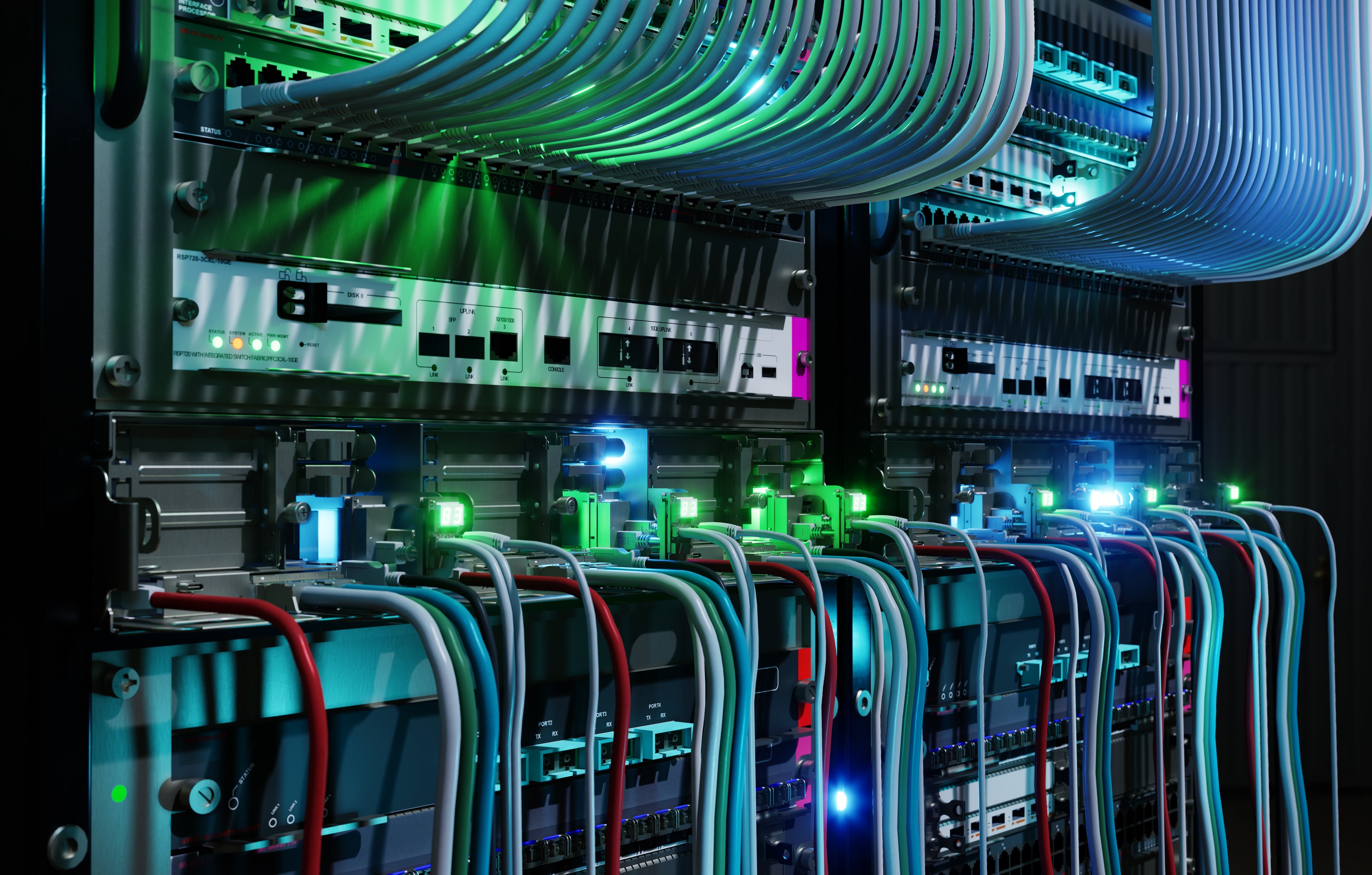According to Nokia's (NOK 0.91%) recently released earnings report, had the deal to sell its devices and services unit to Microsoft closed in Q1, it would have had an additional $6.95 billion net cash on its balance sheet. Now that the transaction has officially closed, Nokia intends to use at least a small part of all that new found cash to take on the big boys in the fast-growing connected car market.
Bringing smarter automobiles to consumers isn't some wild, futuristic notion; it's real, and it's coming to a car near you. Of course, taking the connected car plunge places Nokia squarely in the sights of the same two competitors that were largely responsible for its money-losing mobile-phone devices and services unit: Apple (AAPL 0.93%) and Google (GOOG 0.85%) (GOOGL 0.83%). But while naysayers start chanting deja vu in anticipation of another Nokia miscue, this is a whole new ball game.
Internet of Things, meet the smart car
Though a drop in the bucket relative to its new-found cash hoard, Nokia said it intends to invest $100 million in its venture capital fund Nokia Growth Partners to expand its smart-car presence. Nokia is already a player in the automotive industry via its Navtech unit, offering mapping solutions for cars equipped with satellite-navigation systems. But the connected cars of the future will go well beyond maps and driving directions, and that's the piece of the pie Nokia's $100 million investment is targeting.
Nokia Growth Partners' Paul Asel describes smart cars as "becoming a platform like when the mobile handset became a smartphone and all the apps and services developed around that." Asel added, "We're seeing innovation that's happening across the auto ecosystem through the combination of mobility and the Internet."
Nokia's Navtech unit is already used in four out of five cars that are equipped with satellite-navigation units, giving it a leg up as the auto industry makes the shift to Internet enabled, and interconnected, cars. And you can bet Nokia will need every advantage it can get to make a dent in a market that already has some serious competition.
Fierce competition
If there were any doubters as to whether or not Google is committed to connected cars, those were erased earlier this year with the announcement of its new Open Automotive Alliance (OAA). The OAA is comprised of some of the biggest automobile manufacturers on the planet, including General Motors, Audi, Honda, and Hyundai. What makes Google such stiff completion for Nokia and others in connected cars is, not surprisingly, its Android OS.
When asked why he chose to partner with Google, Audi's Chief Technology Officer simply said, "Eighty percent of smartphones in the world are Android-based." He's got a point. Another factor working in Google's favor could be pricing. Just as with Android, Google may elect to sell its car-related technologies on the cheap knowing it will collect and then utilize what it loves best: data. If you think Google knows a lot about you now, just wait until it can track your every automotive move, too.
Let's not forget Apple, which introduced its new and improved CarPlay recently that syncs a driver's iPhone with a car's electronics. Apple has already lined up automakers like Ferrari, Mercedes-Benz, and Volvo that have agreed to ship CarPlay-ready vehicles. And like Google, Apple will benefit from increased iOS usage and tracking how and where iFans are using their devices. And CarPlay is likely just the first iteration of Apple's long-term connected-car plans. Don't be surprised to see more comprehensive, fully synced iCars on the road before long.
Final Foolish thoughts
Google and Apple are formidable competition to be sure, as Nokia knows all too well, and that doesn't even count the automakers themselves who have promised to roll out their own versions of connected cars. One upside for Nokia is the opportunity in connected cars goes well beyond the U.S., it's a global phenomenon. That's good news for Nokia and Google, which already boast a strong presence around the world, unlike Apple.
Having learned from its foray into smartphones, Nokia is neither making the move to connected cars after it's already become a burgeoning market, nor is it going all in. We're still in the early stages of the shift to the ultimate smart car, and with Navtech, Nokia already has a firm foundation from which to build. The $100 million may not seem like much, relatively speaking, but it's enough to demonstrate Nokia knows the Internet of Things is the future, and Nokia-connected cars will be a part of it.












